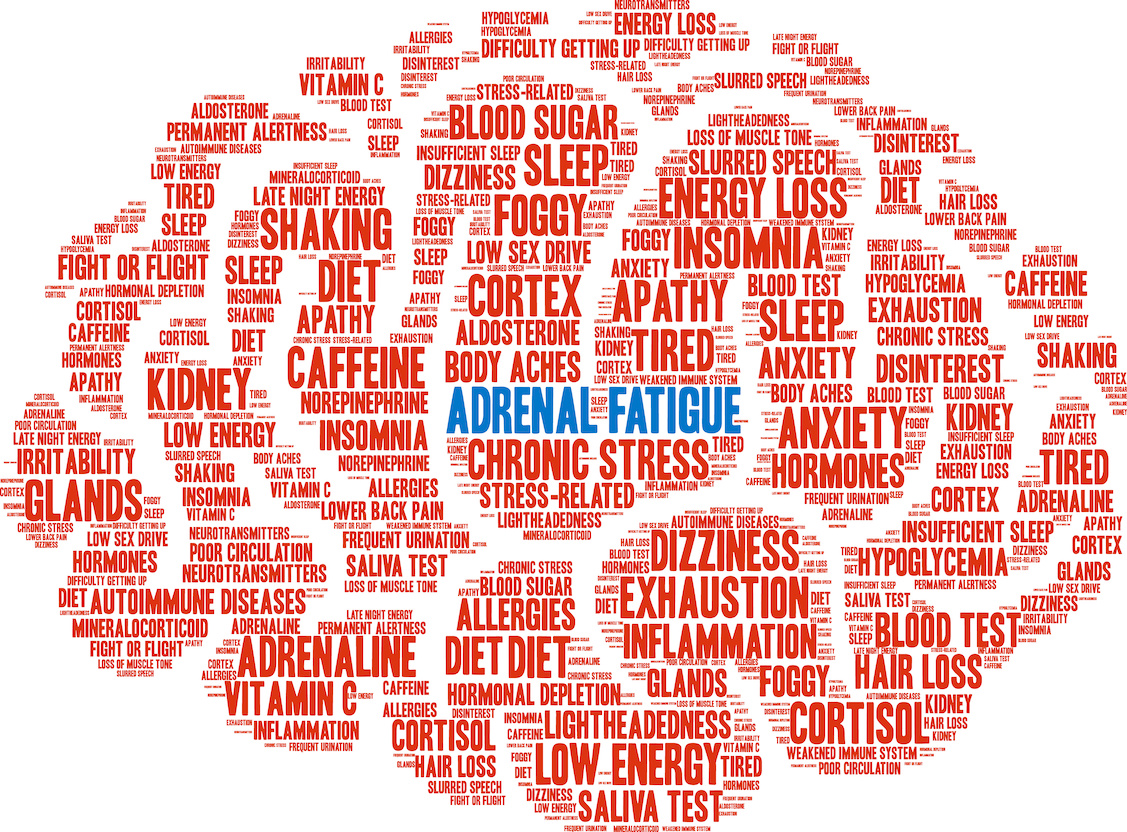HPA Axis Dysfunction is a Legitimate — and Accurate Medical Diagnosis
I recently read an article on adrenal fatigue posted on a leading medical organization’s website that began with the claim that, “Adrenal fatigue isn’t an acceptable medical diagnosis.” This same article ended by stating, “. . . accepting a medically unrecognized diagnosis from an unqualified practitioner may leave the real cause — such as depression or fibromyalgia — undiagnosed, while it continues to take its toll.”
To be fair, the author is an M.D. and Ph.D. who studies the relationship between osteoporosis and cardiovascular disease and the potential role of estrogen in the development of both diseases. And the conventional medical community also recognizes adrenal insufficiency as a medically recognized diagnosis.
But to imply that adrenal fatigue is any less legitimate a diagnosis, or that the illness is any less “medical” in nature is puzzling. Especially when the same author recognizes depression and fibromyalgia as actual medical diagnoses. Truth is, even the medical community has no lab test for either of them.
In fact, I would suggest the opposite; that depression and fibromyalgia are not acceptable medical diagnoses and that accepting either diagnosis without a much deeper examination often leaves the real cause — an underlying adrenal-related physical condition undiagnosed and untreated.
I often see patients who have been diagnosed with depression or fibromyalgia or chronic fatigue syndrome — all medically-recognized diagnoses — who continue to suffer even when receiving what the conventional medical community deems proper treatment. Many of these patients have been diagnosed based solely on a process of elimination. It’s almost as if the doctor had given up resolving the issue and reached for a prescription pad in frustration.
Adrenal-related illnesses, like many medical ailments, exist on a spectrum and often involve more than one gland or organ or system. They are complicated conditions that require careful examination and detailed testing to unravel the mystery, and they often address several interrelated dysfunctions. Adrenal illnesses cannot be treated effectively simply by taking medications that suppress symptoms or supplements promoted solely for supporting immune function.
In this post, I describe a variety of health conditions related to the adrenal gland, some that may be caused by dysfunction upstream of the adrenal. With a greater understanding of the adrenal gland and dysfunctions that impact its health and function, my hope is that anyone with symptoms of an adrenal disorder seek a medical diagnosis from a functional and integrative medical practice to get at the root of what’s going on.
Adrenal fatigue
It was back in 1998 that James L. Wilson, DC, ND, PhD of Tucson, Ariz., coined the term “adrenal fatigue” and used it to describe a condition in which the adrenal glands — overstimulated by chronic stress — burn out and shut down, causing a variety of symptoms, including: Continue reading…












